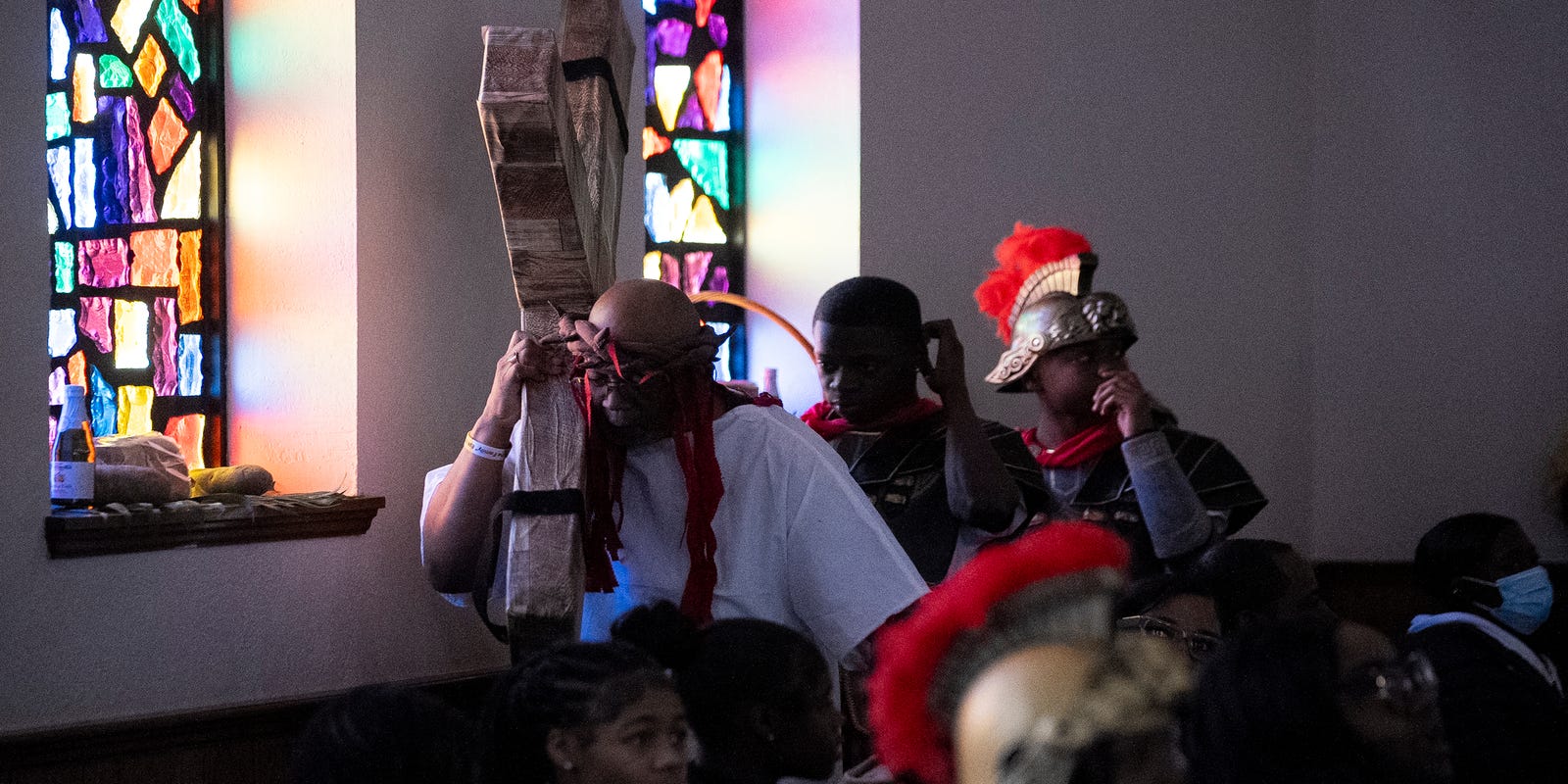Faith Under Fire: How Nigeria's Security Crisis Is Shattering Religious Worship
Religion
2025-03-19 09:00:00Content

In the heart of Nigeria's southeastern region, a disturbing trend of escalating violence and kidnappings has cast a dark shadow over the lives of local Christians. The five states of Abia, Anambra, Ebonyi, Enugu, and Imo have become epicenters of growing insecurity, profoundly impacting the religious community's sense of safety and freedom of worship.
Residents of these states have reported increasingly frequent incidents of targeted attacks and abductions that are disrupting their daily lives and spiritual practices. The persistent threat of violence has created an atmosphere of fear and uncertainty, forcing many Christians to adapt their religious routines and community gatherings.
Local church leaders and community members are increasingly concerned about the deteriorating security situation, which threatens not only their physical safety but also their ability to practice their faith freely and without intimidation. The ongoing challenges have prompted calls for enhanced protection and intervention from local and national authorities to restore peace and stability in the region.
Unraveling the Shadows: Christian Communities Confronting Terror in Southeastern Nigeria
In the heart of Nigeria's southeastern region, a complex tapestry of religious persecution and systemic violence has emerged, casting a dark shadow over the lives of Christian communities. The intricate landscape of fear, resilience, and survival unfolds against a backdrop of escalating security challenges that threaten the very fabric of social cohesion and religious freedom.When Faith Meets Fear: The Untold Struggle of Nigerian Christians
The Geographical Epicenter of Conflict
The southeastern states of Nigeria—Abia, Anambra, Ebonyi, Enugu, and Imo—have transformed into a crucible of unprecedented challenges for Christian populations. These regions, once known for their cultural richness and community solidarity, now bear witness to a systematic erosion of religious peace and personal security. The geographical concentration of violence has created a pressure cooker of tension, where everyday life has become a delicate negotiation between survival and spiritual resilience. Detailed investigations reveal a multifaceted landscape of threat, where kidnappings have evolved from isolated incidents to a sophisticated mechanism of social destabilization. Criminal networks have strategically targeted religious communities, understanding the profound psychological impact of such attacks. The methodology of these violent interventions goes beyond mere criminal enterprise, suggesting a deeper, more calculated approach to undermining community structures.Psychological Dimensions of Religious Persecution
The impact of sustained violent attacks transcends physical harm, penetrating the psychological core of Christian communities. Religious practices, traditionally spaces of solace and spiritual renewal, have been transformed into potential sites of vulnerability. Congregants now navigate complex emotional terrains, balancing their spiritual commitments with immediate survival instincts. Psychological research indicates that prolonged exposure to such environments creates complex trauma responses. Community members develop nuanced survival strategies, ranging from modified worship practices to intricate security protocols during religious gatherings. These adaptations represent not just defensive mechanisms, but profound testimonies of spiritual resilience and communal strength.Socio-Economic Ramifications of Persistent Insecurity
The continuous threat landscape has precipitated significant socio-economic disruptions within these Christian communities. Economic activities have been substantially impacted, with many individuals and businesses adopting risk-mitigation strategies that fundamentally alter traditional community interactions. Migration patterns have shifted dramatically, with many community members seeking safer environments, thereby creating potential long-term demographic transformations. The exodus represents more than a physical relocation; it symbolizes a profound recalibration of community identity and survival strategies.Institutional and Community Responses
Religious and community leadership have emerged as critical architects of resilience. Innovative approaches to security, community organization, and psychological support have been developed, demonstrating remarkable adaptive capabilities. These responses are not merely reactive but represent sophisticated strategies of community preservation and spiritual continuity. Collaborative efforts between religious institutions, local authorities, and civil society organizations have begun to emerge, creating multilayered protection mechanisms. These initiatives represent sophisticated attempts to address systemic vulnerabilities while maintaining community cohesion and spiritual integrity.International Perspectives and Human Rights Considerations
The situation in southeastern Nigeria has attracted increasing international attention, with human rights organizations documenting the nuanced challenges facing Christian communities. These external perspectives provide critical insights into the complex dynamics of religious persecution, highlighting the need for comprehensive, multifaceted interventions. Global human rights frameworks are being increasingly challenged by the intricate realities of localized religious conflicts, necessitating more dynamic and contextually sensitive approaches to protection and support.RELATED NEWS
Religion

"Healing Hearts: A Candid Conversation on Navigating Loss with Sister Sarah Hennessey"
2025-03-31 04:01:00
Religion

Faith in Flux: Americans' Spiritual Landscape Revealed in Groundbreaking Pew Study
2025-03-02 10:28:27
Religion

From Demons to Discourse: How 'Heretic' Blends Pop Culture and Religious Symbolism
2025-02-24 21:28:13





